10. Money
a. is more efficient than barter.
b. makes trades easier.
c. allows greater specialization.
d. All of the above are correct.
ANS: D DIF: 1 REF: 11-1 NAT: Analytic
LOC: The role of money TOP: Money MSC: Definitional
11. In an economy that relies upon barter,
a. trade does not require a double coincidence of wants.
b. scarce resources are allocated just as easily as they are in economies that do not rely upon barter.
c. there is no item in the economy that is widely accepted in exchange for goods and services.
d. All of the above are correct.
ANS: C DIF: 1 REF: 11-0 NAT: Analytic
LOC: The role of money TOP: Barter MSC: Interpretive
12. The existence of money leads to
a. greater specialization in production, but not to a higher standard of living.
b. a higher standard of living, but not to greater specialization.
c. greater specialization and to a higher standard of living.
d. neither greater specialization nor to a higher standard of living.
ANS: C DIF: 1 REF: 11-0 NAT: Analytic
LOC: The role of money TOP: Money MSC: Definitional
13. As opposed to a payments system based on barter, a payments system based on money
a. requires a double coincidence of wants.
b. leads to less specialization.
c. makes trades less costly.
d. None of the above is correct.
ANS: C DIF: 1 REF: 11-0 NAT: Analytic
LOC: The role of money TOP: Money MSC: Definitional
14. When we say that trade is roundabout we mean that
a. people sometimes trade goods for goods.
b. trades require a double coincidence of wants.
c. currency is accepted primarily to make further trades.
d. people must spend time searching for the products they wish to purchase.
ANS: C DIF: 1 REF: 11-0 NAT: Analytic
LOC: The role of money TOP: Trade MSC: Definitional
THE MEANING OF MONEY
1. Which of the following lists is included in what economists call “money”?
a. cash
b. cash and stocks and bonds
c. cash and stocks and bonds and real estate
d. cash and stocks and bonds and real estate and all other assets
ANS: A DIF: 1 REF: 11-1 NAT: Analytic
LOC: The study of economics and definitions in economics TOP: Money
MSC: Definitional
2. Economists use the term “money” to refer to
a. all wealth.
b. all assets, including real assets and financial assets.
c. all financial assets, but not real assets.
d. those types of wealth that are regularly accepted by sellers in exchange for goods and services.
ANS: D DIF: 1 REF: 11-1 NAT: Analytic
LOC: The role of money TOP: Money MSC: Definitional
3. Economists use the word “money” to refer to
a. income generated by the production of goods and services.
b. those assets regularly used to buy goods and services.
c. fianncial assets such as stocks and bonds.
d. any type of wealth.
ANS: B DIF: 1 REF: 11-1 NAT: Analytic
LOC: The role of money TOP: Money MSC: Definitional
4. Which of the following is a function of money?
a. a unit of account
b. a store of value
c. medium of exchange
d. All of the above are correct.
ANS: D DIF: 1 REF: 11-1 NAT: Analytic
LOC: The role of money TOP: Money MSC: Definitional
5. The confidence you have that a retailer will accept dollars in exchange for goods is based primarily on money
a. being a unit of account.
b. being a medium of exchange.
c. serving as a store of value.
d. having intrinsic value.
ANS: B DIF: 1 REF: 11-1 NAT: Analytic
LOC: The role of money TOP: Medium of exchange
MSC: Definitional
6. You pay for cheese and bread from the deli with currency. Which function of money does this best illustrate?
a. medium of exchange
b. unit of account
c. store of value
d. liquidity
ANS: A DIF: 1 REF: 11-1 NAT: Analytic
LOC: The role of money TOP: Medium of exchange
MSC: Definitional
7. You receive money as payment for babysitting your neighbors’ children. This best illustrates which function of money?
a. medium of exchange
b. unit of account
c. store of value
d. liquidity
ANS: A DIF: 1 REF: 11-1 NAT: Analytic
LOC: The role of money TOP: Medium of exchange
MSC: Definitional
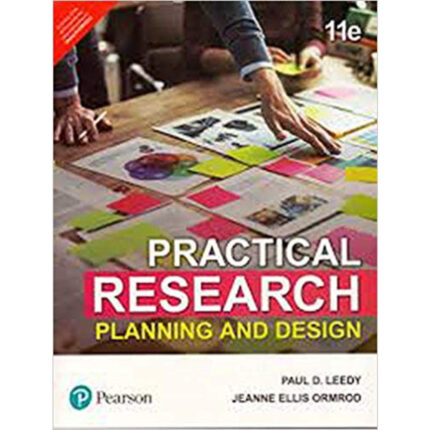
Practical Research Planning And Design 11th Edition By Pearson – Test Bank $35.00 Original price was: $35.00.$20.00Current price is: $20.00.

Nursing Now, Today’s Issues, Tomorrows Trends 7th Edition By Joseph T. Catalano -Test Bank $35.00 Original price was: $35.00.$20.00Current price is: $20.00.
Brief Principles Of Macroeconomics International Edition 6th Edition By N. Gregory Mankiw – Test Bank
$35.00 Original price was: $35.00.$20.00Current price is: $20.00.
This is not a Textbook. Please check the free sample before buying.
Edition: 6th Edition
Format: Downloadable ZIP Fille
Resource Type: Test bank
Duration: Unlimited downloads
Delivery: Instant Download
Category: Economics
Description
Reviews (0)
Be the first to review “Brief Principles Of Macroeconomics International Edition 6th Edition By N. Gregory Mankiw – Test Bank” Cancel reply
Instant Delivery By Mail


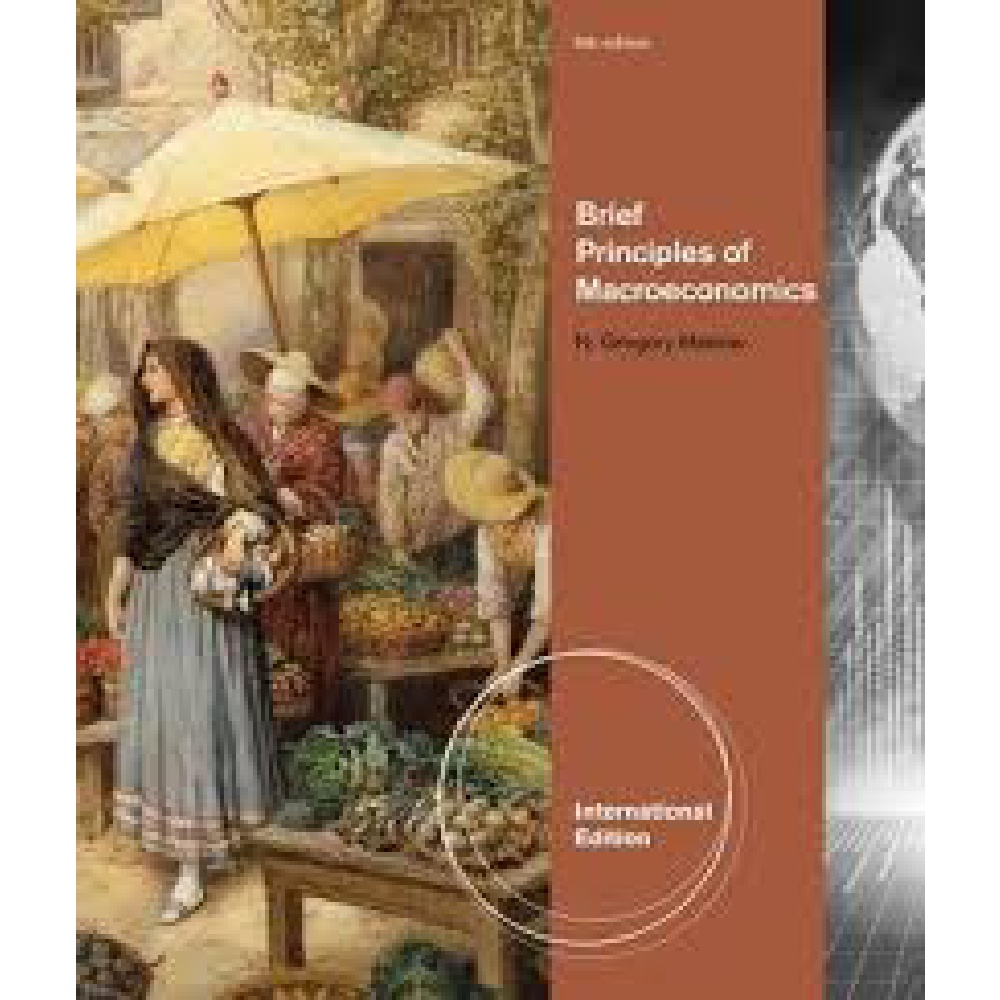

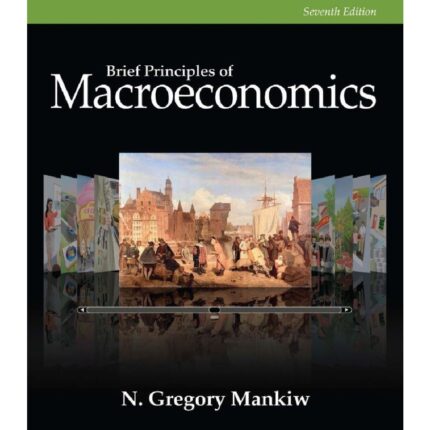

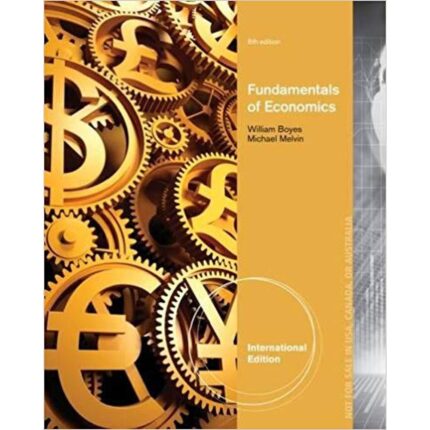


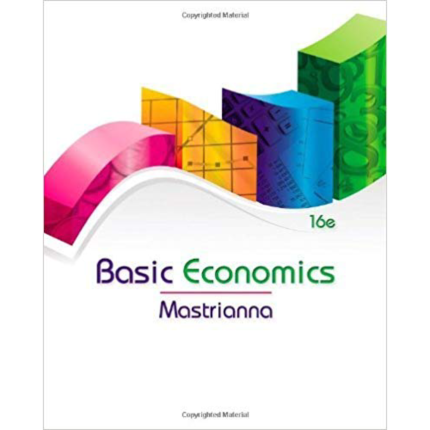

Reviews
There are no reviews yet.